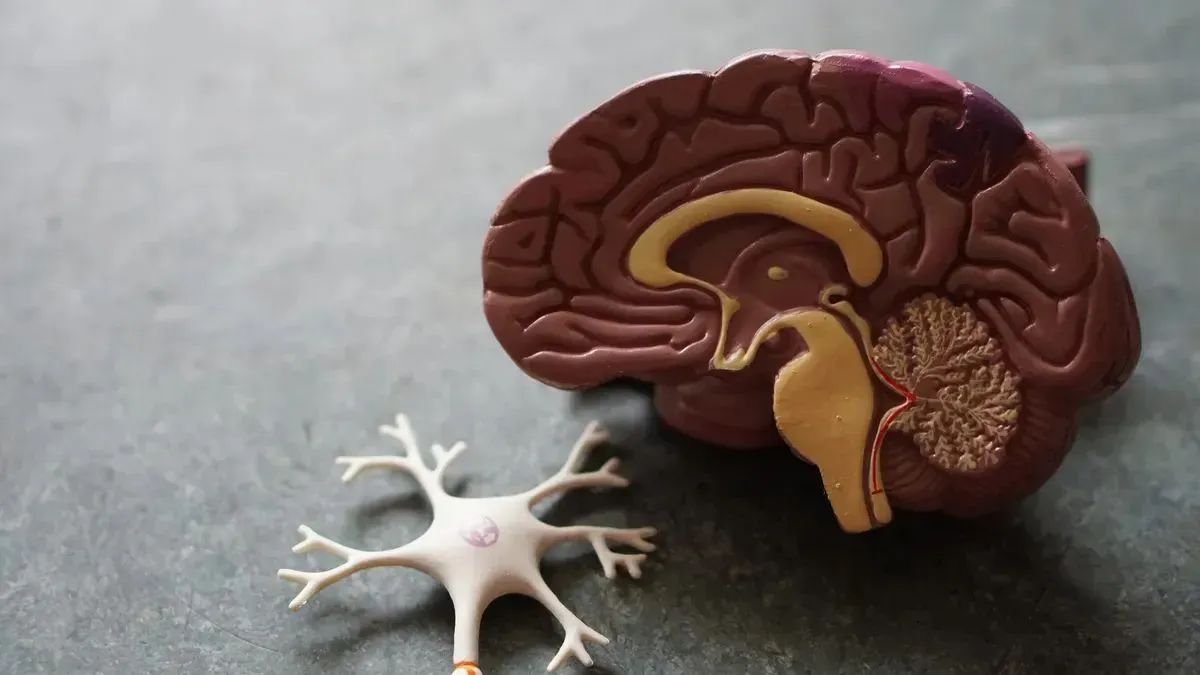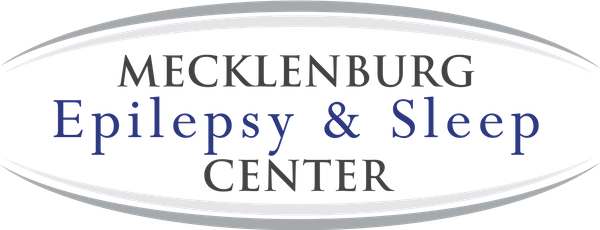Epilepsy / Seizures
A seizure is characterized by abnormal brain activity triggered by an electrical discharge. We can help.
Contact Us ⟩

A seizure is characterized by abnormal brain activity triggered by an electrical discharge. Epilepsy is the term used to describe the neurological condition in which two or more pathological seizures occur. Seizures and epilepsy can cause a wide range of unusual sensations and behaviors. In some instances, they can be accompanied by temporary loss of awareness.
Our doctors at Mecklenburg Neurology specialize in the diagnosis and treatment of several types of brain seizures as well as childhood and adult epilepsy. If you are searching for epilepsy neurologist near you, schedule an appointment at our Charlotte, NC practice. With years of experience and expertise, our physicians are well-equipped to address virtually any neurological condition.
Types of Seizures
Epileptic patients tend to have the same type of seizure each time. There are two primary types:
- Focal seizure disorder: When seizures only affect one area of the brain, they are referred to as focal seizures. They can occur with or without loss of consciousness.
- Generalized seizure disorder: Seizures that affect all portions of the brain are referred to as generalized seizures. There are six different types of generalized seizures, including tonic, atonic, clonic, myoclonic, tonic-clonic, and petit mal seizures.
Seizure Symptoms
Because seizures can occur in any area of the brain, symptoms can affect virtually any process coordinated by the brain. Common signs and symptoms include:
- Brief confusion or unawareness
- Uncontrollable movements in the arms and legs
- Prolonged staring
- Temporary loss of consciousness
- Fear or anxiety
- Seizure symptoms can be confused with symptoms of other neurological conditions, such as narcolepsy or migraines. A comprehensive assessment is necessary for proper diagnosis.
What Causes Seizures?
The cause of seizures can be vast and varied. In approximately half of all individuals diagnosed with the condition, there is no identifiable cause. In the other half, brain seizures are linked to:
- Genetics or family history
- Head trauma
- Infectious diseases
- Brain conditions
- Prenatal injury
- Developmental disorders
Treating Epilepsies
In most cases, epilepsy is treated with medication. If medication does not offer the desired results, then your doctor may recommend alternative treatments, including surgery.
Medication
Anti-seizure medication can stop seizures altogether in some individuals. In other cases, it may reduce the intensity and frequency of seizures. Patients who become symptom-free on this type of treatment may be able to eventually discontinue medication. Your neurologist will help you determine when and if that time comes.
Epilepsy Surgery
During this type of procedure, your surgeon removes the portion of the brain that is causing the seizures. This is usually only performed if the seizures occur in a small, well-defined area. Furthermore, your doctor will only recommend surgery if the particular area of the brain is not responsible for vision, hearing, speech, language, or motor function.
Other Treatment Options
If medication does not fully address the problem, alternative therapies maybe considered. This includes vagus nerve stimulation or deep brain stimulation. Some individuals have even found that symptoms can be reduced by eating a ketogenic diet. During a consultation at our Charlotte, NC practice, your doctor can review your treatment options with you in detail.
Schedule a Consultation
If you or your child is suffering from seizures, a neurological evaluation is necessary to determine the next steps.
To learn more, or to schedule an appointment at one of our four convenient locations, call us at (704) 335-3400
